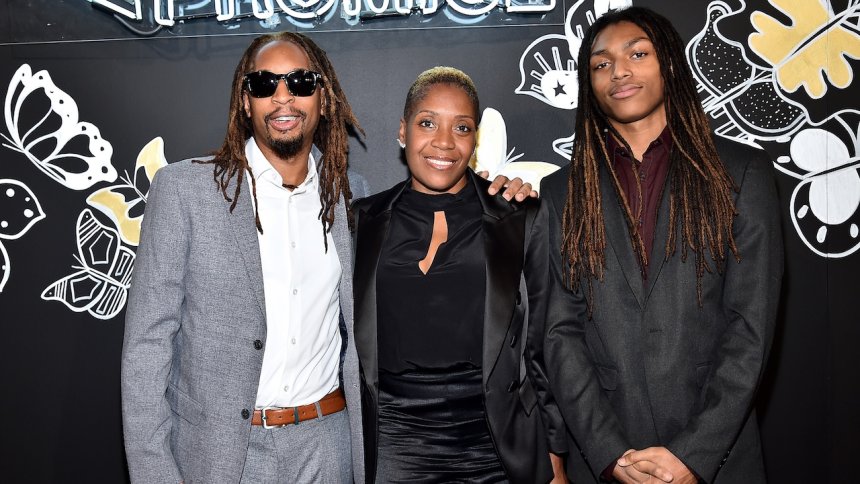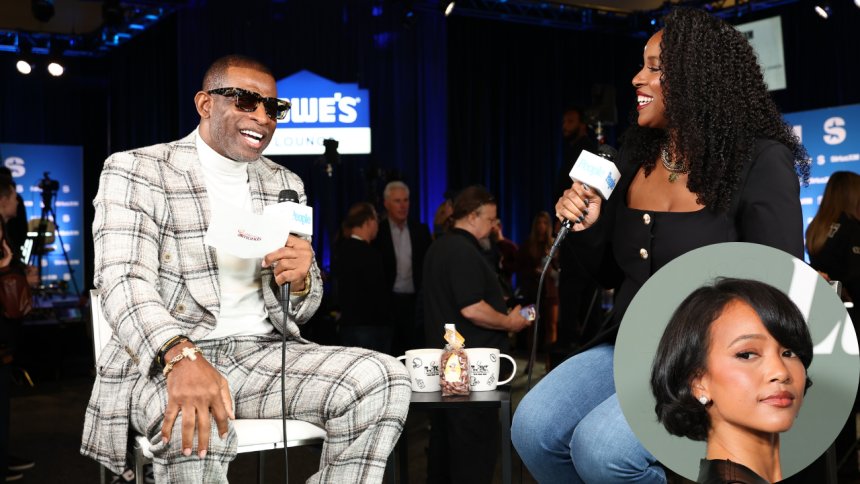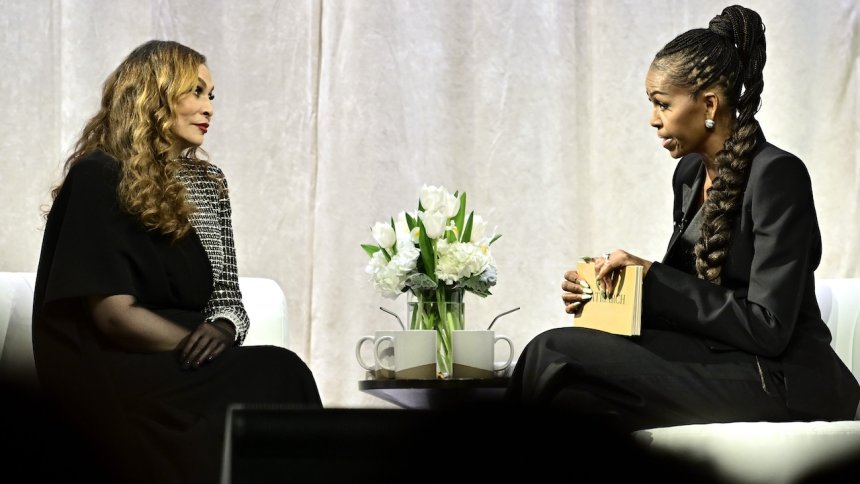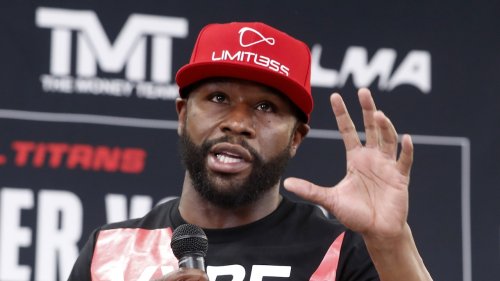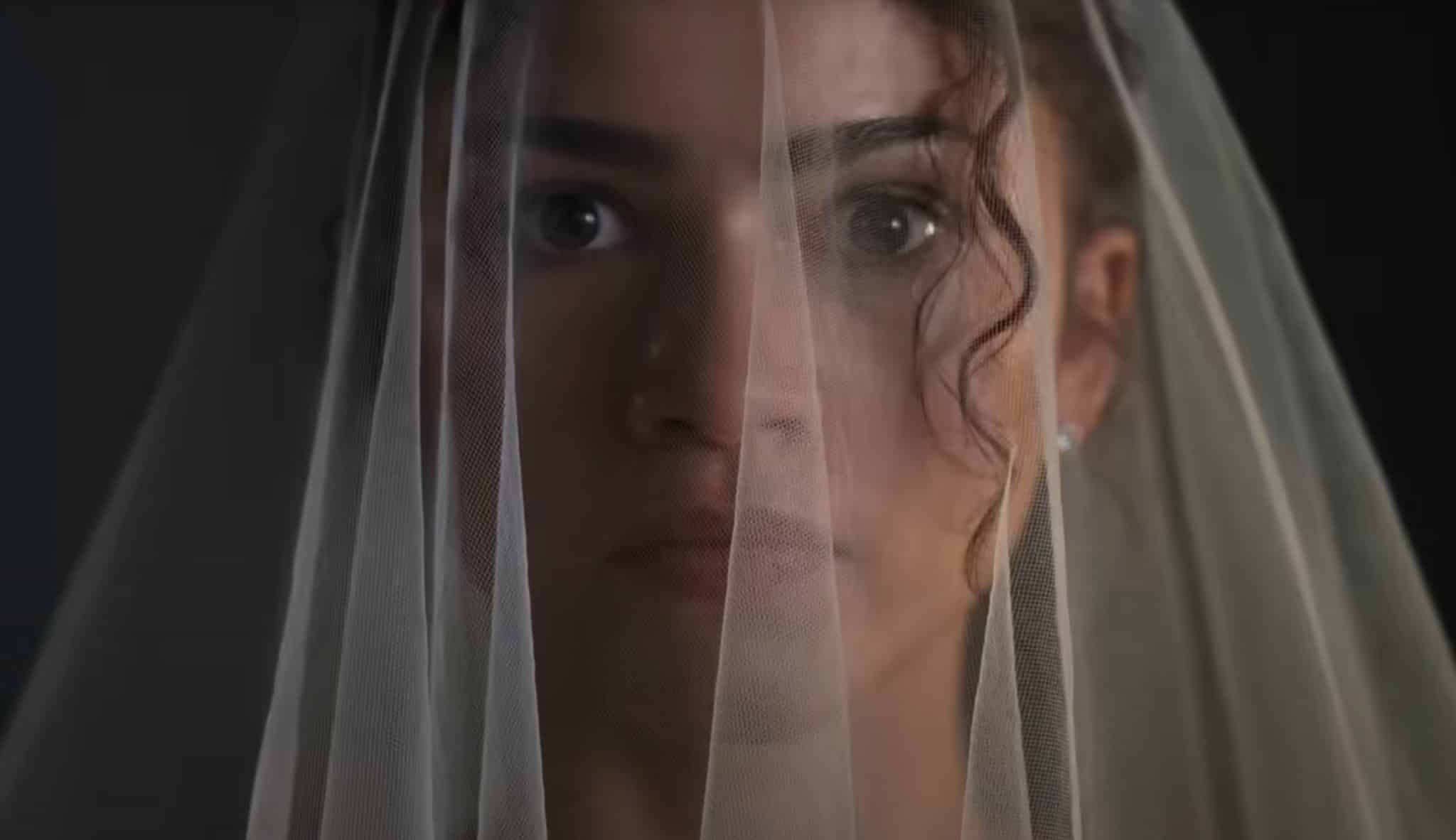Reginald Hudlin on the legacy of ‘Black Panther’ and inspiring a new generation of Black dreamers today
Grio Book Club: Hudlin’s “Black Panther Omnibus expands the history of Wakanda, shows T’Challa falling in love with Storm, and
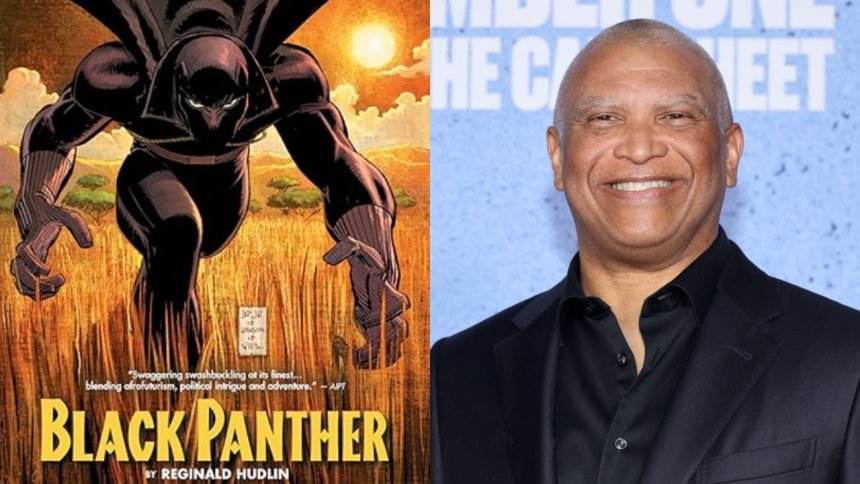
Grio Book Club: Hudlin’s “Black Panther Omnibus expands the history of Wakanda, shows T’Challa falling in love with Storm, and provides lessons in uncertain times: “We are more in style than ever.”
When you see little Black Panthers and members of Wakanda running around trick or treating this Halloween, think of Reginald Hudlin.
The acclaimed writer, producer, and director who gave us classics like “House Party,” “Boomerang,” and “D’jango Unchained,” also wrote his seminal “Black Panther” comic series with our babies in mind.
“That was in no small part one of my motivations when I started writing the book,” Hudlin tells theGrio in an interview from his home in Los Angeles. Reflecting on his invention of the character Shuri—T’Challa’s brilliant sister and STEM-lover—Hudlin says he wanted all children to see themselves in the series.
“Because I have a son and a daughter, they could both dress as Black Panther for Halloween.”
Hudlin’s comic series opened the doors for the 1.3 billion dollar global film “Black Panther” to transform culture, propelling director Ryan Coogler and cast of talent including Chadwick Boseman, Michael B. Jordan, and Lupita N’yongo into another stratosphere of superstardom.
Now, with the release of his “Black Panther Omnibus” comic series, Hudlin is taking readers back into Wakanda with new storylines, including T’Challa’s marriage to the iconic Storm character (once played by Halle Berry in “X-Men”), and the United States being torn apart in its own civil war. While Wakanda may be fictional nation, the stories hold real symbolism today. 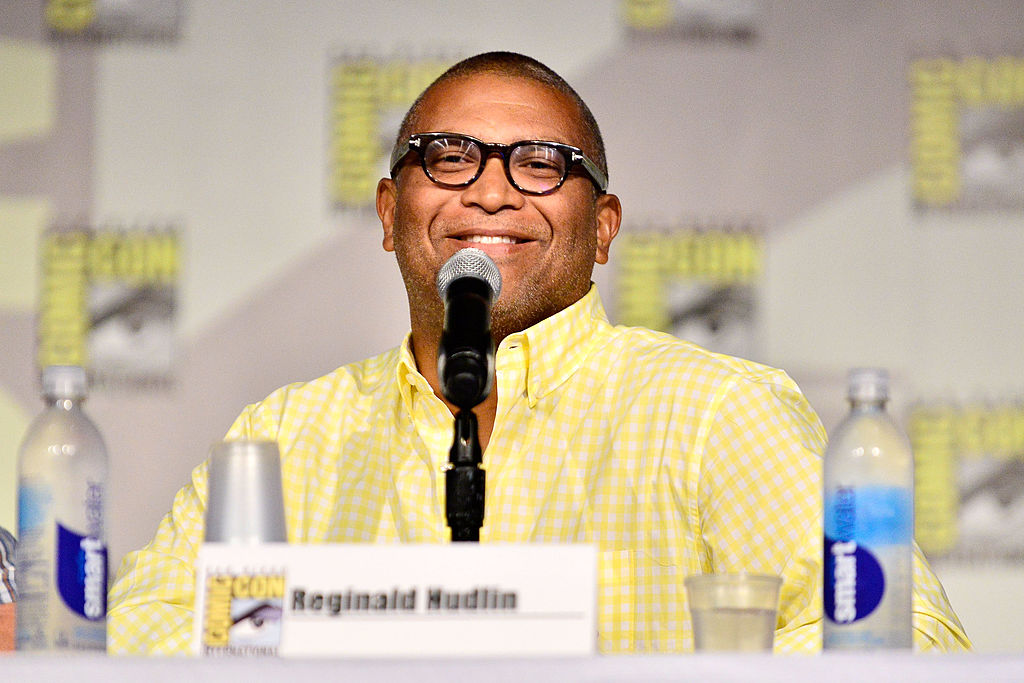
“They’re the global leaders, not only with technology, but morally,” Hudlin says of Wakanda. “They were warriors that could never successfully be invaded. And that’s what I really want to emphasize when I started writing the book—to understand the man, you have to understand the land.”
Hudlin was not only intentional about representing the responsible wielding of power by a nation, but also in portraying the power of Black masculinity and leadership. Long before T’Challa existed, Hudlin was carefully crafting stories with real men who represented the best of our culture.
“I would make a documentary like ‘The Black Godfather’ about Clarence Avant…I would make a movie like ‘Marshall’ about Thurgood Marshall. So these are all amazing Black men, and there’s not one category,” Hudlin tells theGrio. “You can be great in a lot of different ways, but here’s all this greatness to inspire Black men to inspire Black women, because you don’t get great Black men without great Black women raising them.”
“’Black Panther’ was another attempt to put another option on the wavelength of our culture. Like, here’s all the things we can be. Don’t be afraid to dream.”
The message of dreaming courageously is one especially needed for many Black creatives today, who are encountering job markets in flux and anxieties over an American federal leadership agenda that is attempting to silence Black history.
“There’s a lot of brilliant men and women out here today who have a lot of smart things to say. So everyone needs to be not only using the inspiration from our great legendary titans, but be involved in conversations about what’s happening right now,” Hudlin tells theGrio.
To the question of whether Black TV shows, movies, and projects are encountering a world where diversity and Blackness are “out of style,” Hudlin firmly says no—we’ve got eternal recipes of greatness.
“Just look at 2025,” Hudlin points out. “Look at the success of the Keke Palmer movie, ‘Just One of Them Days.’ Then look at the success of Kendrick Lamar at the Super Bowl, the most successful Super Bowl of all time. Follow that with ‘Sinners,’ right? Follow that with Mara Brock Akil’s ‘Forever.’ I mean, I’m sorry, we’re hitting hard. When you deliver the dope product, people are devouring it. So, the opposite of out of style, we are more in style than ever.”
“Yes, there are challenges in terms of our relationship with corporate America, because there is a lot of pressure being put on corporate America in terms of ‘are you doing too much for Black people and this and that?’ But in terms of our economic viability, making culture that is broadly popular, we are as popular as we’ve ever been. We’ve ridden out good times and bad times many times before.”
“Like Miles Davis said, ‘jazz is the music of the day.’ What does today call for? And that’s what we need to be playing. So I think that’s the question for any creative person. Are you saying what needs to be said right now? But are our voices desired on a global basis? Absolutely. Never doubt that.”
Watch the full interview with Reginald Hudlin in the video player above.
Share
What's Your Reaction?
 Like
0
Like
0
 Dislike
0
Dislike
0
 Love
0
Love
0
 Funny
0
Funny
0
 Angry
0
Angry
0
 Sad
0
Sad
0
 Wow
0
Wow
0
